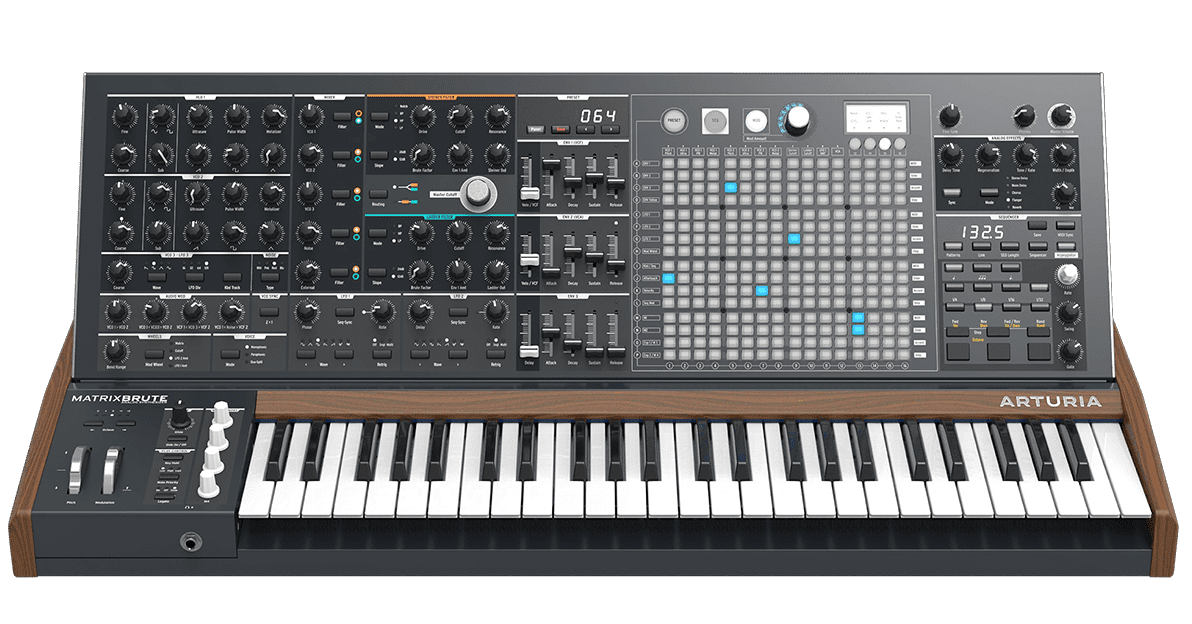By Amaya Roberts, Noel Harris, & Kaitlin Britton Wheeler
Hip Hop can trace its origins back to the South Bronx borough of New York City. It began as an “underground urban movement”. It was the popular style of music for street parties, house parties, and other neighborhood gatherings. Many recognize Clive Campbell, aka DJ Kool Herc, as a creator and pioneer of Hip Hop, all starting in his high rise apartment on 1520 Sedgwick Avenue.

DJ Kool Herc, who himself was Jamaican American, called on various elements of Jamaican culture of “boastful poetry and speech over music”, which eventually became the blueprint for Emceeing. The five key elements of Hip Hop are emceeing, deejaying, breakin’, graff and beatboxing. Other DJs began to see DJ Kool Herc’s work and made it their business to either replicate or outdo his work, which initiates the spread of Hip Hop across the city, then the country, and eventually the globe.
Technology in Music
70s Hip Hop is one of the first instances where we see a shift away from live instrumentation in songs and performances. Early Hip Hop DJs began to use the turntables and already made records to mix music and do breakbeats.

Hip Hop technology would continue to evolve throughout the mid to late 1970s through the 80s with machines like the synthesizer, sampler, and drum machine.

808 Drum Machine

Synthesizer

Laptop & Software
Hip Hop Culture: Expressing Our Realities & Embracing Our Experience
Coming out of the tumultuous period that was the 1960s, the peak of the Civil Rights Movement, African Americans were beginning to truly embrace the idea of what it means to be black in this nation. While the popular music of the 60s geared more toward assimilating to white culture with the doo-wop tunes and smooth singing (like The Temptations, The Supremes, The Spinners, etc), Hip Hop in the 70s was raw and authentic storytelling about the realities of our struggles.
With the creation of hip hop we have a drastic redefining of black culture. Hip Hop culture redefines our vernacular/slang terms, our fashion, our social interactions, hairstyles, and more.
Because of its authenticity and unafraid criticism of the Black American struggle, Hip Hop was not readily accepted into the mainstream in the 1970s. It was rebellious and revolutionary.
The rawness and authenticity of 70s hip hop brought about major cultural changes for Black Americans. Us expressing our truths and realities in Hip Hop music led us to aim for more authenticity in every aspect of our lives from the way we dress, talk, and interact.


:format(jpeg)/cdn.vox-cdn.com/uploads/chorus_image/image/50382909/TGD-105-03870.0.jpg)

